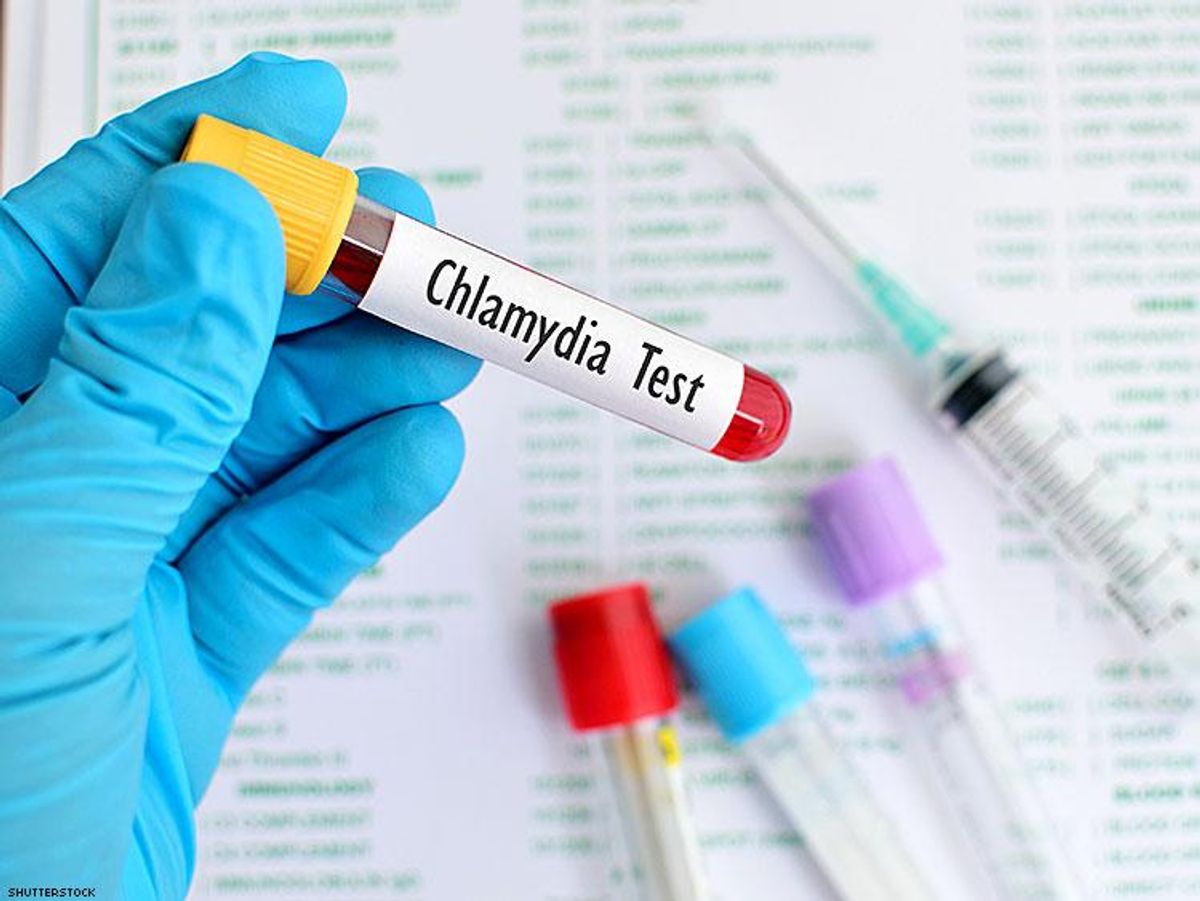Prevention
This Antibiotic Drastically Reduced the Transmission of Chlamydia & Syphilis

Are we in for a new kind of PrEP? Researchers found that a certain antibiotic showed a 70 percent drop in common STIs.
February 21 2017 3:30 AM EST
By continuing to use our site, you agree to our Privacy Policy and Terms of Use.

Are we in for a new kind of PrEP? Researchers found that a certain antibiotic showed a 70 percent drop in common STIs.
According to results presented at this year’s Conference Retroviruses and Opportunistic Infections, the use of an antibiotic called doxycycline as on-demand post-exposure prophylaxis produced a 70 percent drop in Chlamydia and a 73 percent drop in syphilis.
Researchers took 232 men who have sex with men that were already involved with a PrEP study in France. Half of them were given doxycycline to take after the possible exposure to STIs (in combination with PrEP), while the other half were on PrEP alone.
All the participants were gay men with an average age of 38, mostly white, with 30 percent of them in a primary relationship.
Researchers followed up with the participants nearly nine months later and found that 47 percent of men who took doxycycline had way fewer Chlamydia and syphilis infections than the group on PrEP alone — 28 vs. 48 men.
It was also found that doxycycline had no effect on gonorrhoea, seeing as results were roughly the same in both groups at the end of the study — 25 men who took doxycycline vs. 22 who were on PrEP alone.
Obviously, results of this study can have a drastic impact on STI prevention; and while long-term benefits of STI PrEP is unknown, the numbers speak for themselves.
To be clear, the fact that gonorrhoea didn’t have much of an impact isn’t that surprising to researchers, given that 50 to 75 percent of gonorrhoea strains in France have low-level resistance to tetracycline antibiotics.
So while the antibiotic saw a promising outcome for syphilis (a reduction of 73 percent when combined with PrEP), it will most likely be difficult to choose an antibiotic regime that doesn't create more problems with resistant gonorrhea.